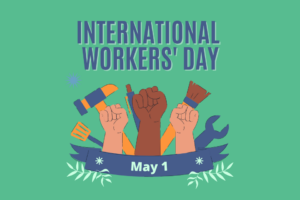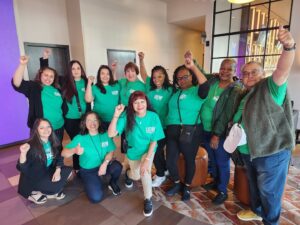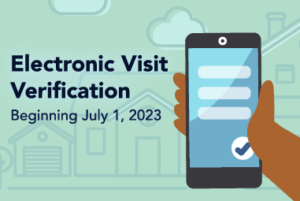
Statement from UDW Executive Director Doug Moore on Governor Newsom’s 2023-2024 State Budget
SACRAMENTO – UDW/AFSCME Local 3930, a union representing over 171,000 home care workers and family child care providers in California,


SACRAMENTO – UDW/AFSCME Local 3930, a union representing over 171,000 home care workers and family child care providers in California,

May 1 is celebrated around the world as International Workers’ Day. The U.S. chose to celebrate Labor Day in September

This week UDW leaders and members joined hundreds of care workers from across the country in D.C. at the first-ever

By Pablo Ros President Joe Biden this week signed a major executive order to improve care for working families and support care

Author: Astrid Zuniga My son, Manny, is the reason I get up every morning determined to fight for people with

Members of the California Alliance for Retired Americans and supporters from across the state gathered in Bakersfield to demand Speaker

by Kate Wolffe A new bill proposed in the California legislature would allow in-home care workers to bargain with the

By Andrew Hardy Even though the event was unfortunately delayed, the 26th annual Martin Luther King, Jr. Unity March and Black

Los cuidadores a domicilio de California, una fuerza laboral históricamente mal pagada que atiende a una población que envejece rápidamente,

The California Department of Social Services (CDSS) will be implementing a change to the IHSS Electronic Visit Verification (EVV) system beginning July 1, 2023.

Union membership is powerful! The work we have done together to lift up caregiving over the past year made legislators recognize how valuable our work

“I was so proud to be an American,” said Vicky Coursey, an IHSS provider and UDW member from Placer County.
With a new president in office and a new administration at work, changes are coming that will affect IHSS providers,
On Saturday, January 21st, millions of women, men, and children in hundreds of cities around the world stood together in
FOR IMMEDIATE RELEASE Wednesday, January 11, 2017 “After years of battling cuts to In-Home Supportive Services (IHSS) that cause tremendous
As of the first of the year, the minimum wage in California has increased from $10 to $10.50 an hour.
Call 1-866-584-5792, and tell your Congressional Representative to vote to protect the Affordable Care Act and Medicaid President-elect Trump and
FOR IMMEDIATE RELEASE December 5, 2016 Sacramento – The 2016 UDW/AFSCME Local 3930 (UDW) Legislative Scorecard is now available. This
Home Care Provider Appreciation Month 2016 has come to an end, but our gratitude for caregivers continues far beyond November.
Earlier this year, the State announced that providers who did not return the In-Home Supportive Services (IHSS) Program Provider Enrollment
FOR IMMEDIATE RELEASE TUESDAY, NOVEMBER 1, 2016 Contacts: Margitte Kristjansson, 619-548-4304 (English) | Melissa Uribe, 213-590-9091 (English / Spanish) Home care